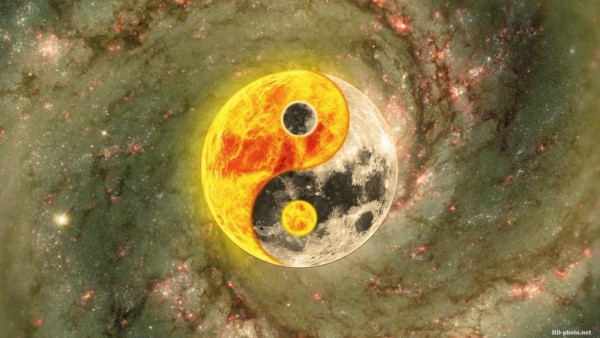Lately, I’ve been mulling over the Taoist concept of “doing without doing.” In my experience, when most people hear those words, either a puzzled look descends upon their faces or they completely reject the idea, and understandably so. If we think too much about it, we end up hitting dead ends in every direction. In my first post on the subject, I said that this concept is something that must be felt with our entire beings. As I have allowed this riddle to rest buoyantly within me, I’ve gained a few more insights into the nature of the thing.
One such instance occurred recently as I was reading Buddha’s words on metta (lovingkindness) from the Anguttara Nikaya in which he talks about those individuals “skilled in goodness” being “unburdened with duties.” At first, it seems as though he is saying that leading a simple life without major responsibilities is more conducive to a spiritual existence. That may be the case, but after giving it more thought, I came to the conclusion that there may be a subtler meaning to that statement. Living unburdened by duty does not mean living without duty or responsibility. Rather, it is a perspective, a state of mind.
As I let those words simmer in my head, I was reminded of Lao Tzu’s words. Could it be that ‘doing without doing’ is referring to action taken by an unburdened mind? Perhaps the undesirable doings are the incessant judgments, insecurities, and other non-present thoughts going on inside each of us. It reminds me of a famous anecdote often attributed to the Buddha, though I’ve seen the story credited to a few other spiritual masters as well. In any case, it doesn’t matter who said it or even if it was said. The importance is in the message:
A woman went to see a spiritual master and said, “I want happiness.”
The master replied, “First, remove ‘I.’ That is the ego. Then, remove ‘want.’ That is desire. What remains? Only happiness.”
The ego and desire go hand in hand. Our egos are busybodies constantly flitting from one desire to the next. In this light, perhaps the Buddha’s words refer foremost to the unrealistic sense of duty we feel toward ourselves. This idea that what we have and who we are is never good enough encumbers us with the continuous and impossible need to be better. Don’t misunderstand, failure and insecurity can be fantastic motivators to improve one’s skills, discipline, and overall life situation, but we must remember that those attributes are not who we are. What I’m speaking about is a destructive desire to be something or someone entirely separate from ourselves; a desire that consumes much of our mental energy on a daily basis. This could be the undesirable and unnecessary ‘doing’ encompassed in the Taoist concept.
If we take it as such, then ‘doing without doing’ is the act of living one’s life free from the unnecessary and destructive doings of one’s mind. Lao Tzu’s exact words read, “The Way never does anything/ and everything gets done.” The Way is Tao. Tao is presence. We cannot be present if we are enslaved to incessant, disparaging thought. Thus, when we embrace Tao, our minds are unburdened and we are able to take action with ease. We do without the doings of unwholesome thought.
By Terence Stone
If you enjoyed this article and want to get involved, please subscribe to the blog, like us on facebook, and follow us on twitter or Google+.


Very good thought here. I have been going through some similar work with my spirit guide. For example if you are doing the dishes, instead of thinking about what you would rather be doing or what time you have to do them in, do them with impartial thought towards them and take care in what you do. Be there in the moment and before you know it you are done and extremely satisfied with not only yourself for getting it done but the work in which you put so much loving energy.
Thanks for reading and for the input. Couldn’t agree more. Washing dishes and other mundane activities are prime times to cultivate mindfulness.